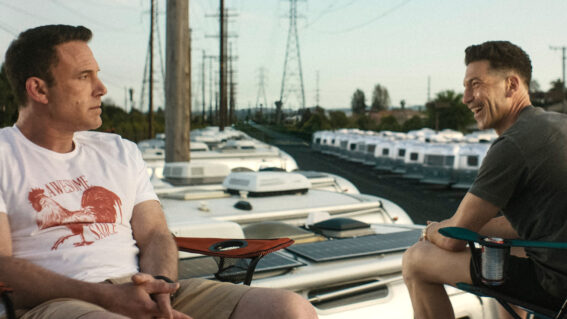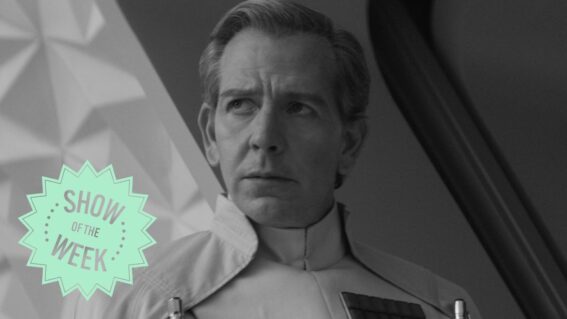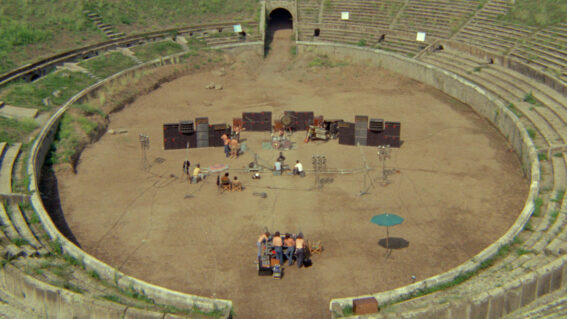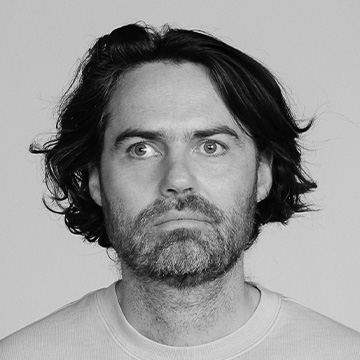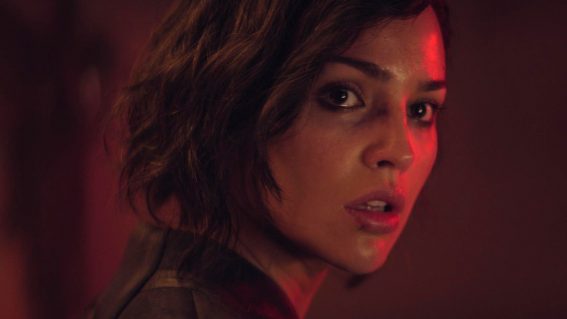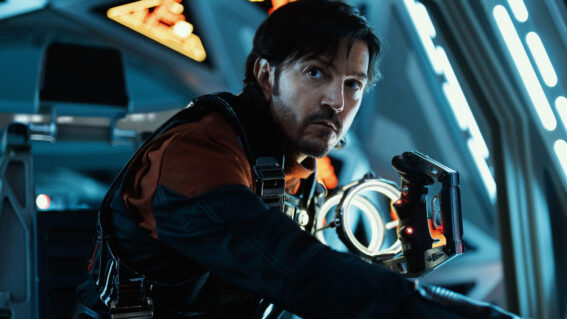Rest in peace, William Friedkin: 5 of the late director’s greatest films
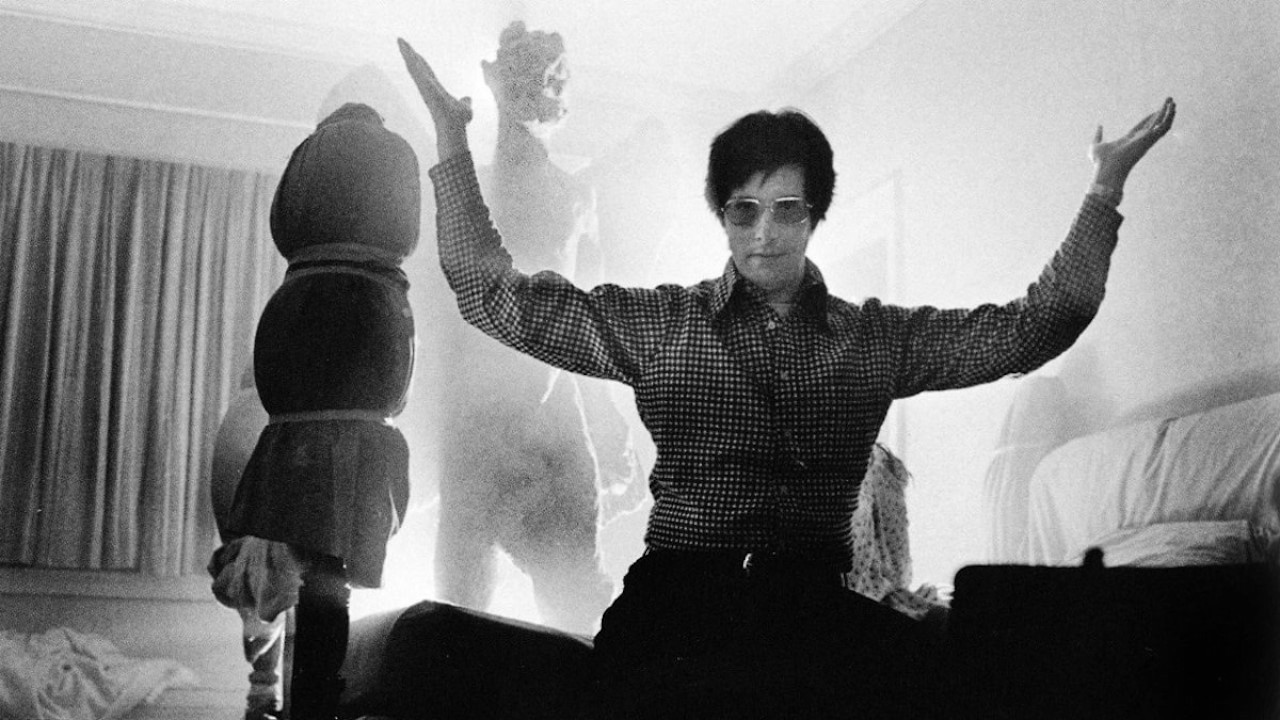
If you’re not feeling mournful enough over the recent death of Hollywood director William Friedkin, head over to Wikipedia and check out his list of unrealised projects. A Chicago native with a raw, transgressive filmmaking style, Friedkin had plans for everything from a UFO thriller starring Marlon Brando, Steve McQueen, and Charlton Heston, to a more recent Mae West biopic starring Bette Midler.
The New Hollywood pioneer passed away on August 7 at age 87, leaving behind a powerhouse filmography and even some great, salty interview moments (like this hilarious jab to Nicolas Winding Refn’s ego). The good news? We have one last, posthumous film to look forward to, with the octogenarian filmmaker’s final film The Caine Mutiny Court-Martial premiering at Venice. And we’ll always have these five, unbeatable titles to remember, too.
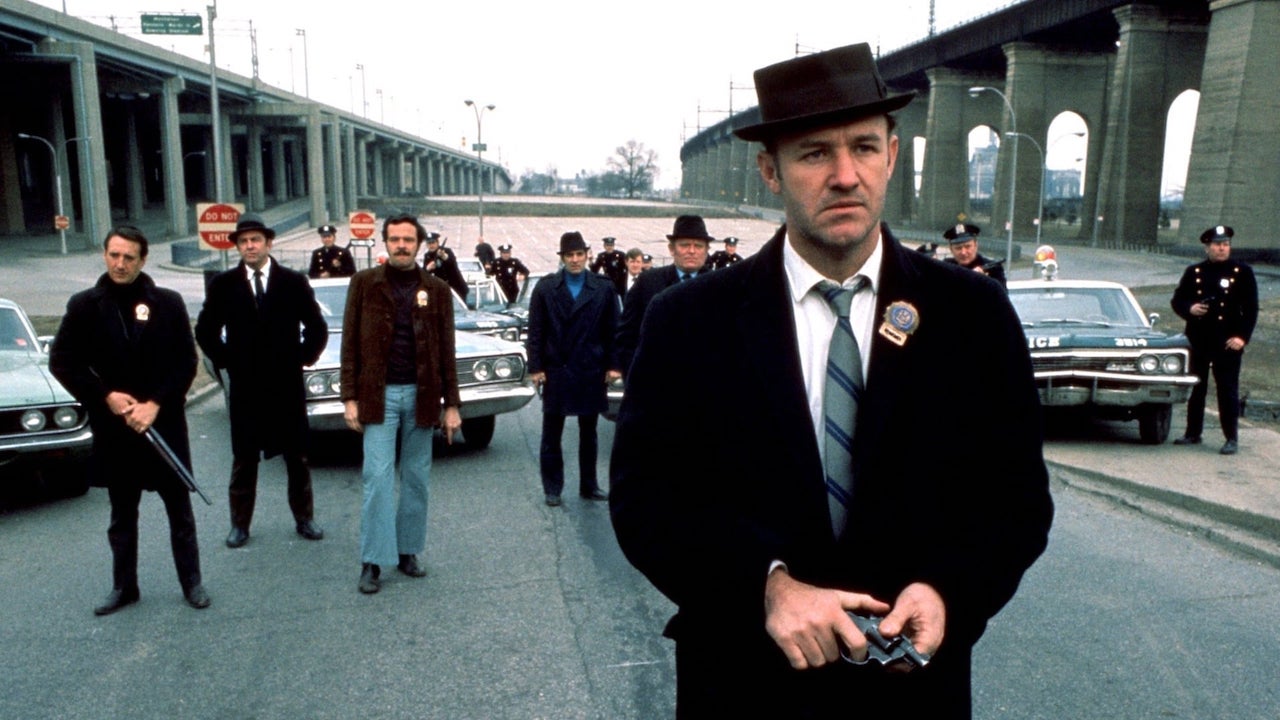
The French Connection (1971)
Before shooting a few self-described “art films” and a cornball Sonny and Cher feature in Hollywood, Friedkin cut his teeth in directing TV and documentary specials. That gritty authenticity came through boldly in his breakout film, shot with a cinema vérité quality that Friedkin describes as being “like the camera didn’t know what was gonna happen next”. It’s the sort of troubling, muscular Best Picture winner we’d never get nowadays, and Luke Buckmaster recently included the film’s iconic subway chase on his list of best train scenes in cinema history: “The scene is so well staged, its peaks and troughs so smartly calibrated”.
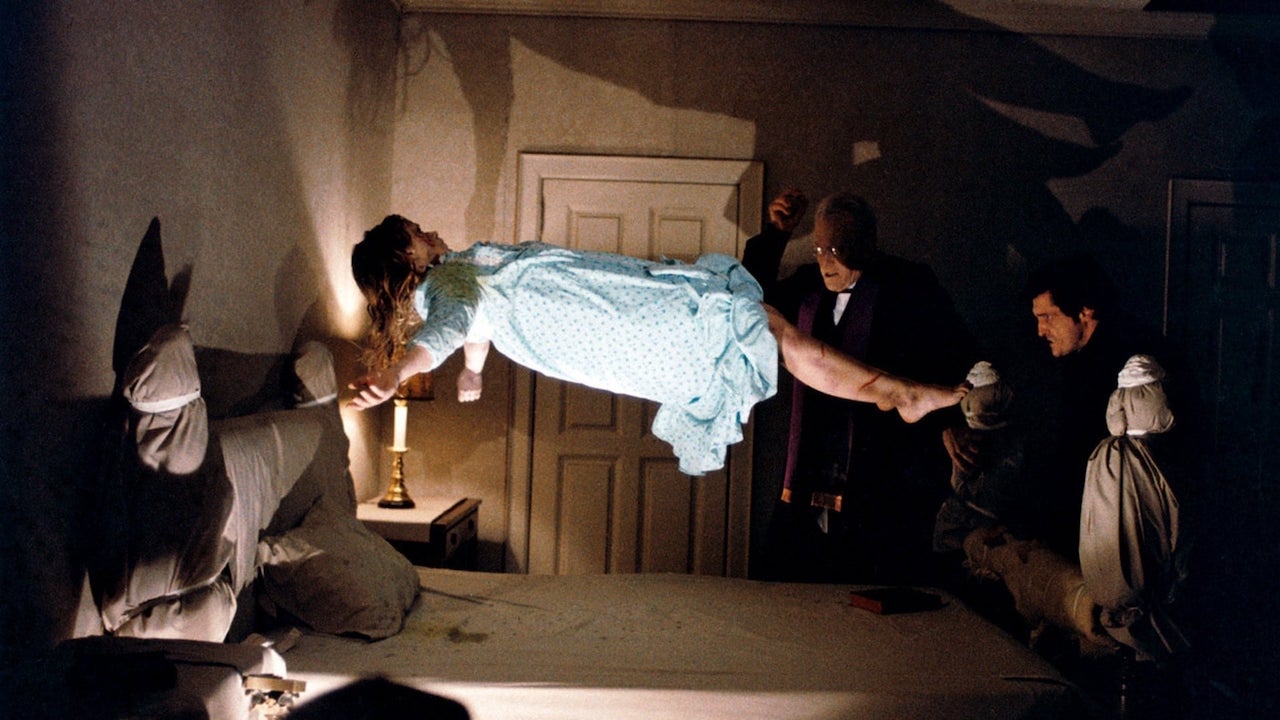
The Exorcist (1973)
The first horror movie ever nominated for a Best Picture Oscar still has a whiff of true evil hovering around it. And some of the most traumatising sequences don’t feature any spinning heads or demonic faces: recall squirming along with innocent teen Reagan (Linda Blair), as she endures a medieval-looking arteriogram.
Friedkin forces us to sit through placid family tableaus for an extended act one, slowly building empathy and tension that erupts into iconic horror images that are still being parodied—and ripped off—to this day. Those vomiting, fainting hordes of cinema audiences at the time of the film’s release proved that the director had created a stone cold classic. For a deeper dive, watch the insightful doco Leap of Faith: William Friedkin on The Exorcist.
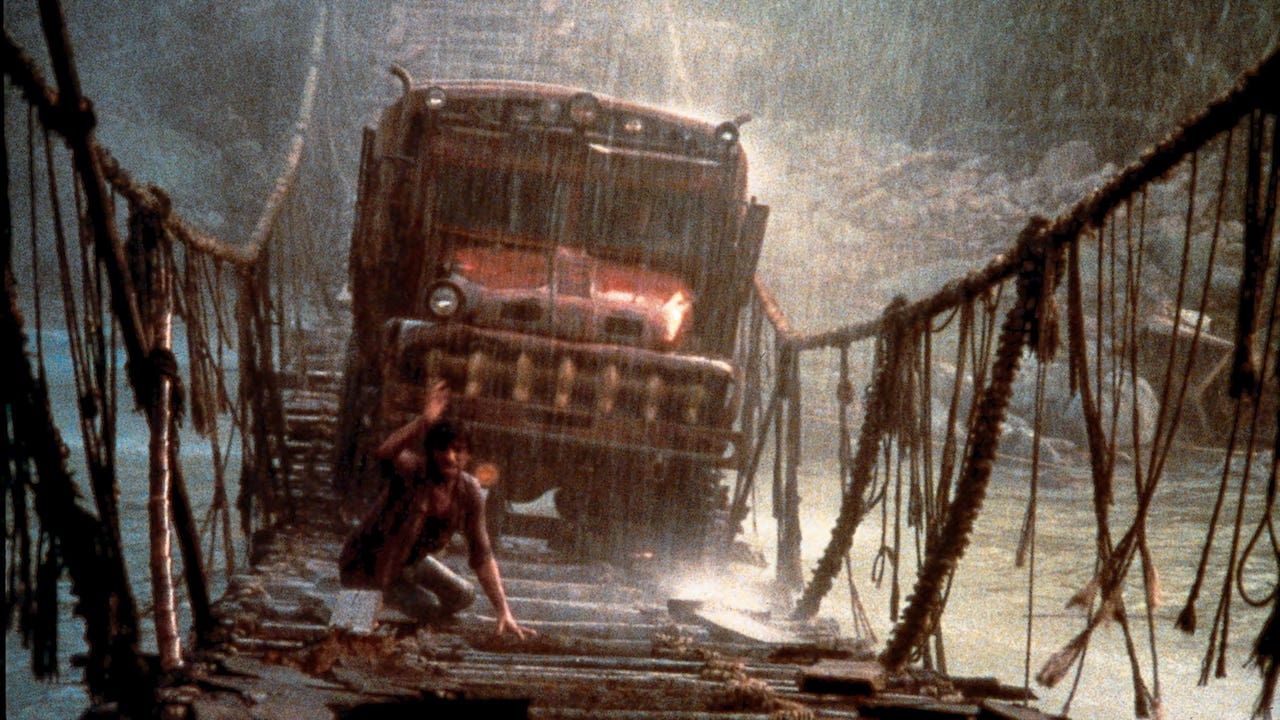
Sorcerer (1977)
Unfortunately released a week after Star Wars, this loose remake of French thriller The Wages of Fear didn’t gain an appreciative audience until decades later. It’s Friedkin’s favourite of his own films, with a sinewy Tangerine Dream soundtrack and nerve-shredding action sequences that’ll have you watching with bated breath. Drenched in sweat and fuelled by nitroglycerin, this once-overlooked masterpiece has a novelistic feel in how it introduces us to our doomed protagonists—but once their trucks are on the road, it’s cinema in its purest form.
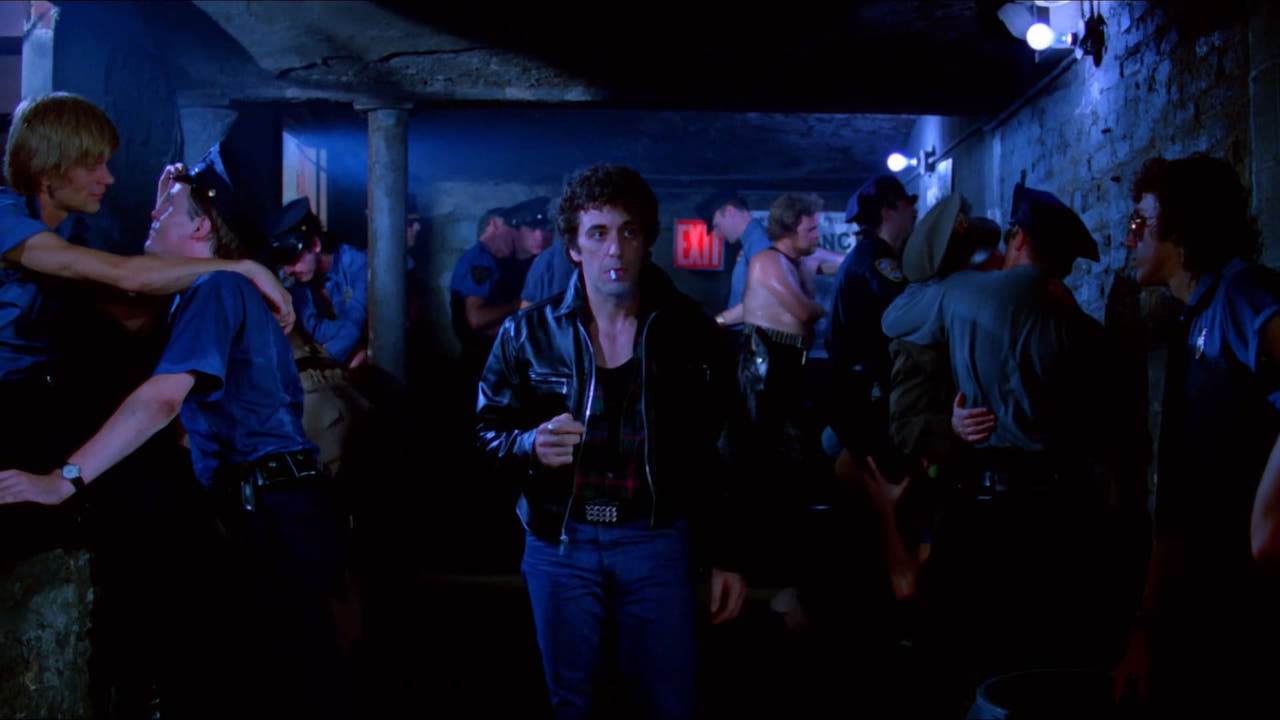
Cruising (1981)
Certainly Friedkin’s most controversial film, this crime thriller stars Al Pacino as an undercover cop tailing a gay serial killer through New York City’s leather bars. It’s a stylish, vital work, as dark and morally ambiguous as The French Connection. It’s also been the subject of much protest from queer activist groups, with some homophobic hate crimes tenuously linked to the furor surrounding the film. Whether you love it or hate it (as the Razzie Awards did, nominating Friedkin for 1981’s Worst Director), Cruising is a voyeuristic peek into how Hollywood exoticises and antagonises queerness—and it proves that its director was always game to step into unknown new territories.
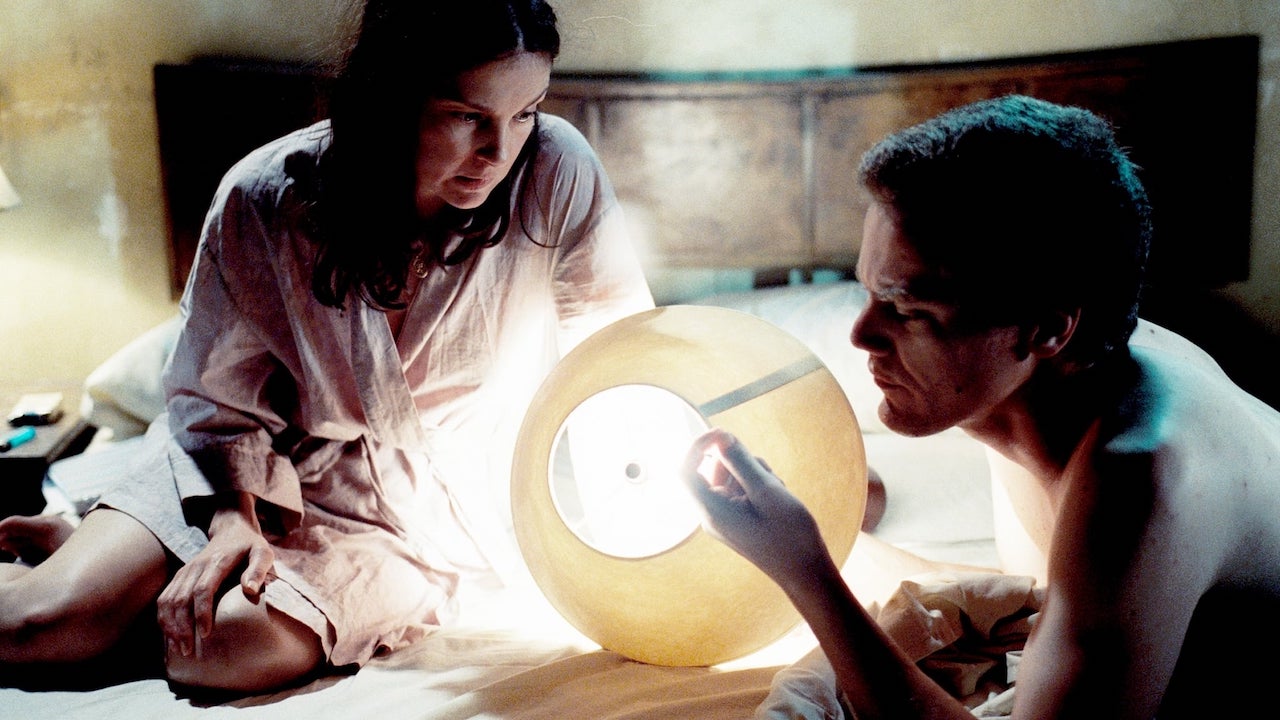
Bug (2007)
For the last few decades, Friedkin’s been content working on a memoir, a few docos, and an episode of TV procedural CSI (?? ok). But his greatest late-career works are certainly his pair of Tracy Letts adaptations: Killer Joe, and this paranoid thriller, starring Ashley Judd and Michael Shannon as a codependent pair of conspiracy theorists. Itchy, emotional, and open-ended, it wasn’t just a return to form for the director: it’s the kind of fresh, unforgettable drama we don’t expect to see from a filmmaker who first made their mark in the Wild West of 1970s Hollywood.
Because of this enduring vision and versatility, Friedkin will be sorely missed, as proven by the tributes pouring in from horror genre fans, collaborators, and fellow directors such as Del Toro and Coppola. Vale.








